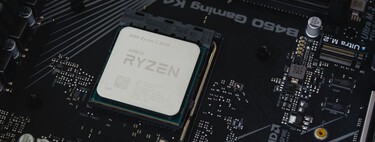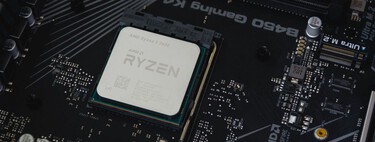In recent days, the tech industry was shaken when Qualcomm raised the possibility of acquiring Intel. If the purchase were to be confirmed, we would be talking about a complete change in the global chip landscape, as the mobile sector leader would have one of the most prominent companies in the laptop and desktop market under its control. However, several past precedents demonstrate that this acquisition is unfeasible.

As noted by the PC Gamer portal in a recent publication, there are several aspects that complicate the possible purchase. One of them is that Qualcomm has lower revenues and operating cash flow compared to Intel, and therefore, it would not be able to carry out the acquisition even with a higher market capitalization. However, Qualcomm would be interested in Intel to access x86 architecture licenses, the foundation of most current desktop processors, but this situation is also problematic.
There Would Be Regulatory Blocks
Qualcomm’s Snapdragon processors are based on Arm architecture and, therefore, require software translation to run Windows applications, a situation that would not be necessary if Qualcomm could manufacture its own x86 chips. In fact, it is cheaper for the company to buy a license than to acquire Intel, but Intel itself could block the deal or increase the price of licenses in the future. Additionally, AMD also has control over x86 architecture and, therefore, would have the opportunity to veto any changes that Qualcomm would want to implement if it were to acquire Intel.
In addition to all the mentioned factors, it is highly likely that competition and monopoly commissions in different countries will block the deal, as was the case with the failed purchase of Arm by NVIDIA. Therefore, although Intel faces difficulties currently, it still holds a significant market share in processors for clients and servers, which generates enough revenue to cover its losses in factories. Hence, a close collaboration is more likely to happen instead of an acquisition, a possibility that would not be vetoed by regulatory bodies.
In 3DJuegos | Intel could have earned billions manufacturing the PS6, but lost the deal due to a profit dispute with Sony
In 3DJuegos | “It’s time to support each other.” The United States “invites” Apple and NVIDIA to trust Intel chips and forget about the competition


